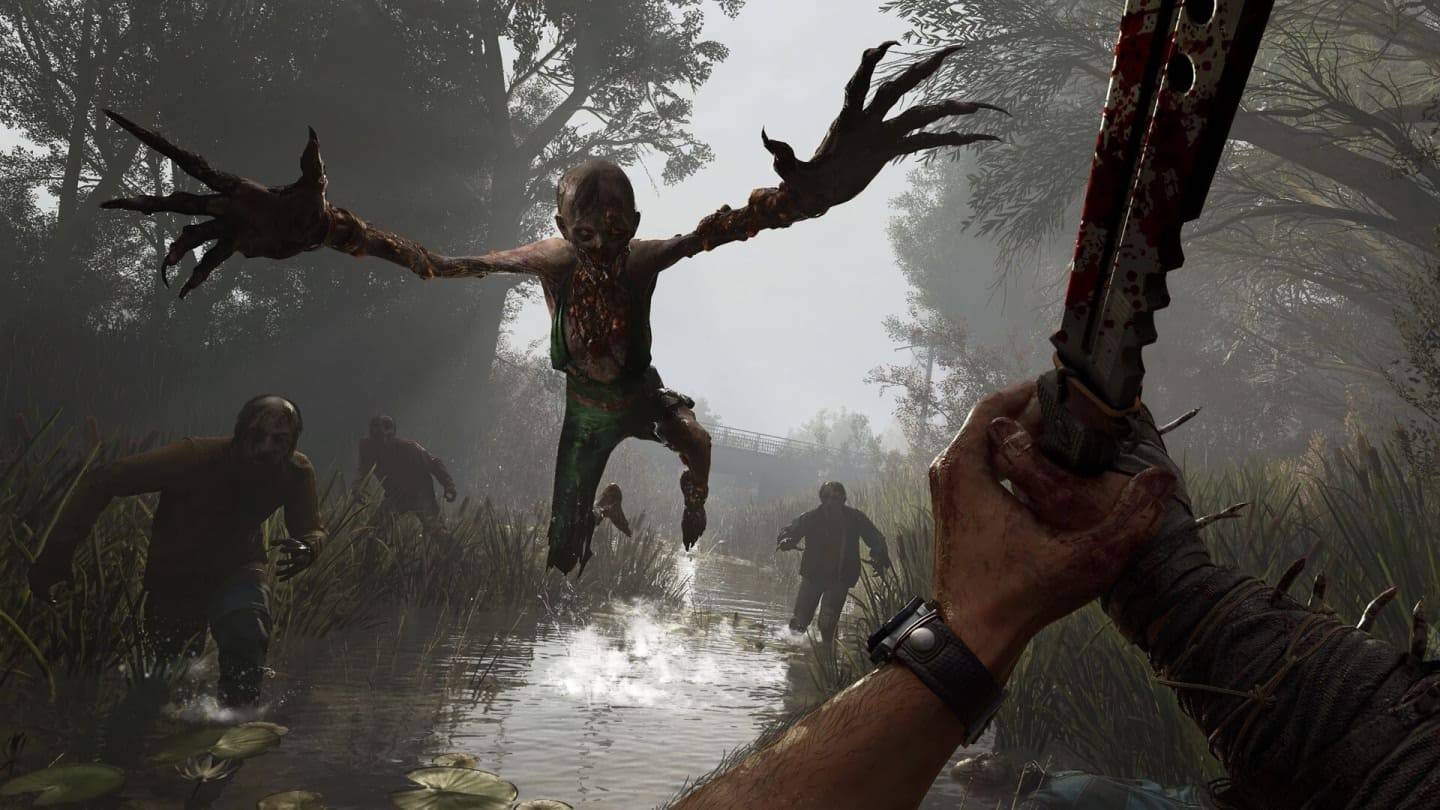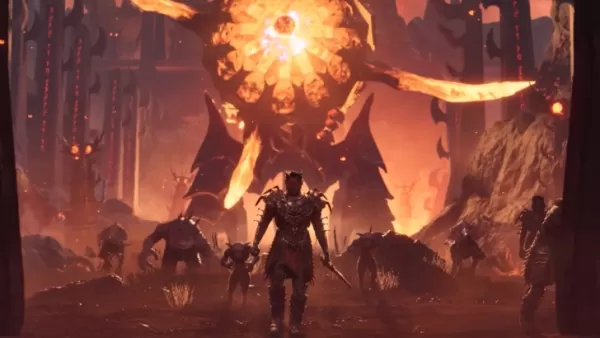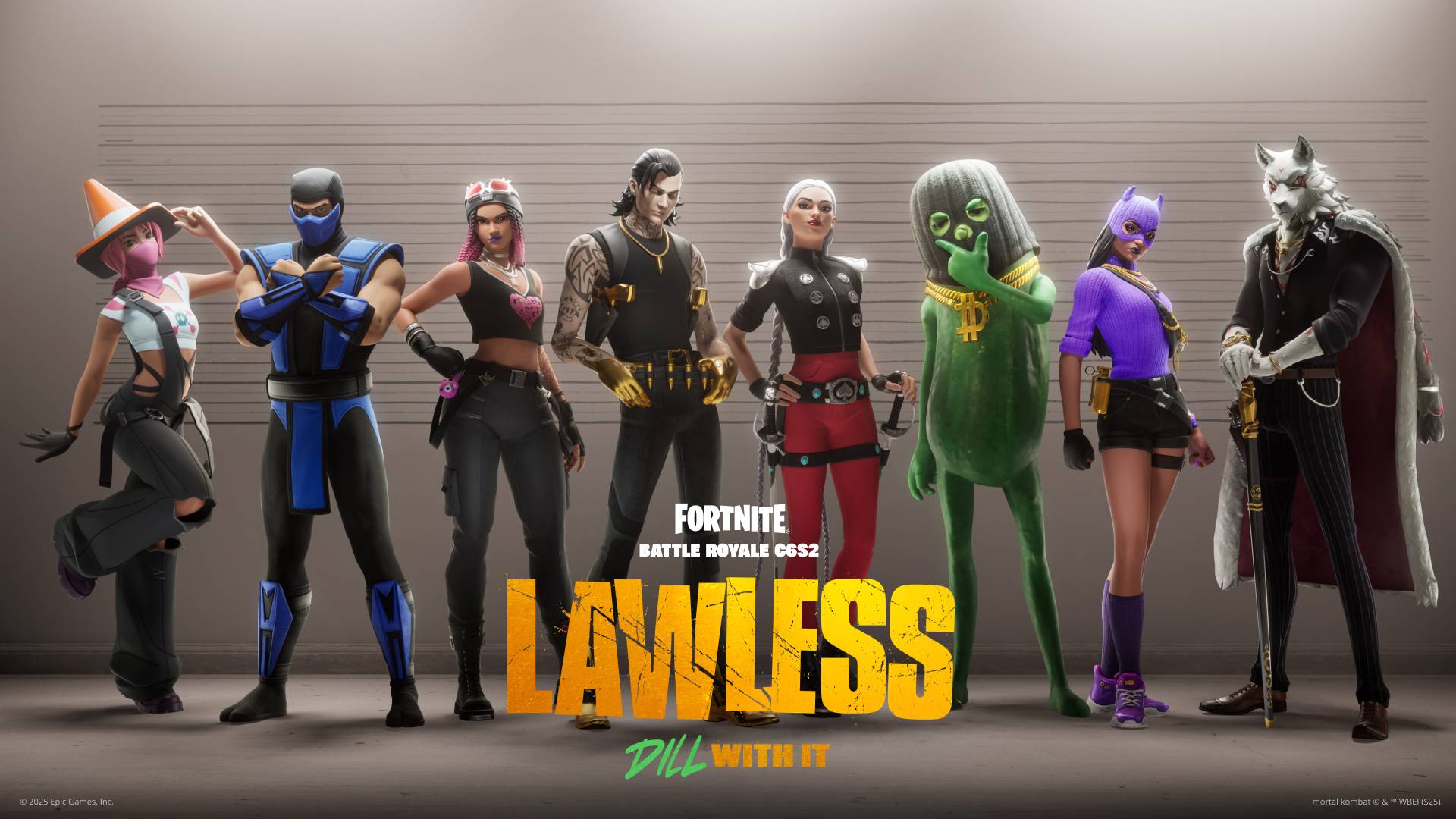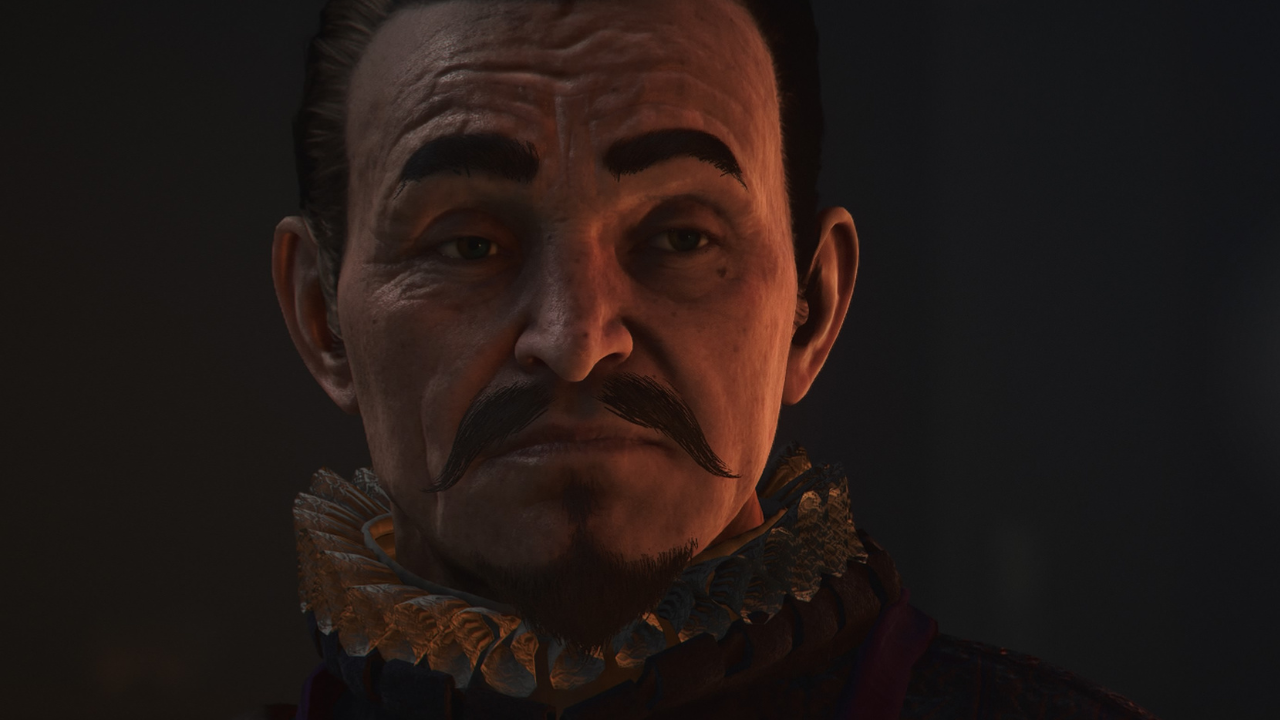Yakuza 6: Ultimate Martial Arts Epic Unveils Middle-Aged Storyline

The Yakuza/Like a Dragon series, while expanding its appeal to younger and female gamers, remains firmly committed to its core identity: middle-aged men engaging in relatable middle-aged activities. This commitment, reiterated by director Ryosuke Horii in an interview with AUTOMATON, prioritizes the series' unique charm over catering to broader demographics. Horii emphasizes the authenticity of the "humanity" found in the characters' age-related struggles, such as back pain and concerns about uric acid levels, believing this resonates deeply with players. Lead planner Hirotaka Chiba echoes this sentiment, highlighting the relatability of the characters' problems.
This dedication to portraying "middle-aged guys doing middle-aged guy things" has a history. In a 2016 Famitsu interview, series creator Toshihiro Nagoshi acknowledged the growing female fanbase but confirmed the series' primary design focus remains on male players, emphasizing a cautious approach to avoid altering the core experience.
However, this focus has sparked criticism regarding the series' female representation. Many players, particularly on forums like ResetEra, point to persistent sexist tropes, limited roles for female characters, and objectification by male counterparts. The recurring "damsel in distress" archetype, seen in characters like Makoto (Yakuza 0), Yuri (Kiwami), and Lilly (Yakuza 4), fuels this criticism. Even in Like a Dragon: Infinite Wealth, the limited female party members and the tendency for male characters to engage in suggestive remarks around women are cited as examples of this ongoing issue. While Chiba jokingly acknowledges this dynamic, the persistent nature of these scenarios highlights a potential area for improvement.
Despite these criticisms, the series shows signs of progress. Like a Dragon: Infinite Wealth, praised by Game8 with a score of 92 and lauded as a "love letter to fans," represents a step forward in the franchise's evolution. While the series successfully balances its core identity with some progressive shifts, the ongoing debate about female representation remains a key point of discussion.




























